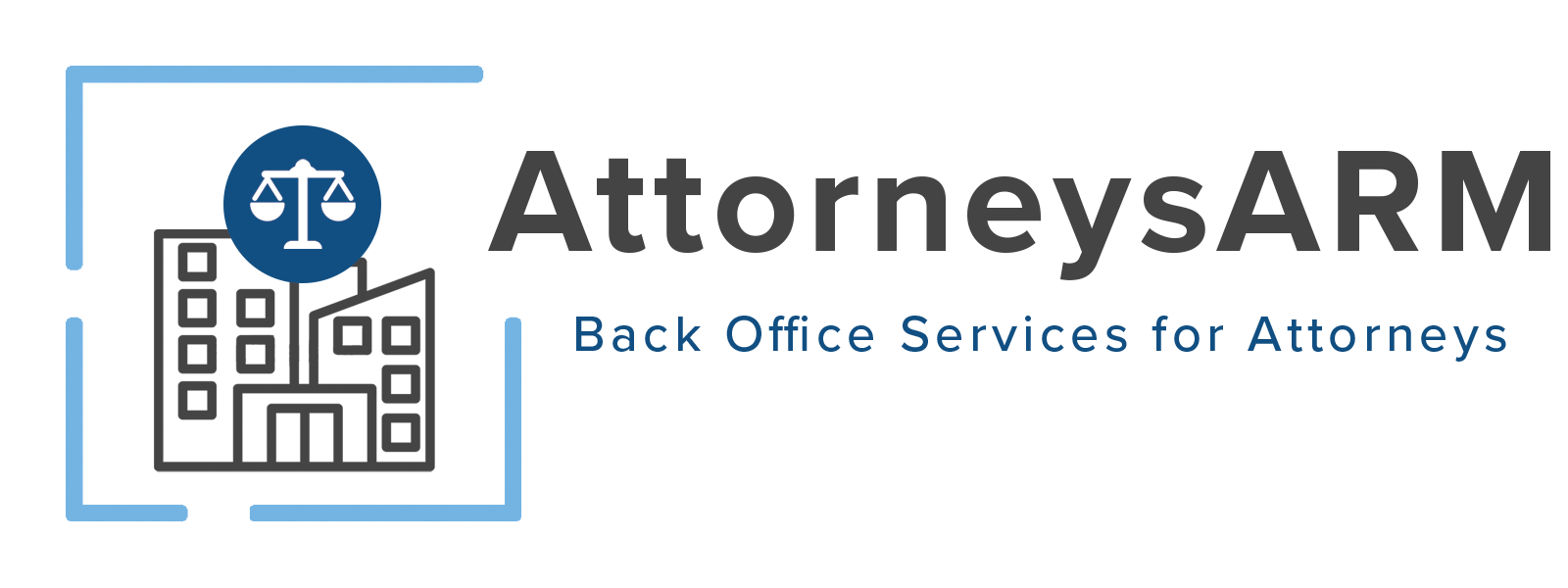Phone Collection Basics, Part II
Last week, we started our highly anticipated Phone Collection Basics series. You can read part I by clicking here. In this article, we’re going to talk about actually getting on the phone and interacting with the delinquent account owner. However, it really is crucial to your success in collections to not skip the first article of the series. You really do need to make sure that you understand the laws associated with debt collection.
Preparing to Call the Debtor
Much like any other business transaction, you shouldn’t get on the phone in an attempt to collect on a debt unless you are prepared. There are some things you can do, but you have to do these things before each call and for each debtor.
1. Review the file associated with the delinquent account. This ensures that you know the amount that is due, when the last payment was received, how much the payment was, and other crucial information that you may need during the call. This helps your call because you are able to answer any questions that you are asked. There’s no need to put the person on hold or call them back because you have the information in front of you, and you’ve already read it. This helps you help the client and also makes you look more professional.
2. Know what type of debtor you are going to speak with. There are three broad types of debtors. There are people who are willing and able to pay. These are people who honestly did not receive their bill or simply overlooked it. It could be that they had questions about their bill that remain unanswered. Be as helpful as possible to resolve issues and collect on the account. The second type are people who may be willing to pay you, but they can’t afford to pay you right now. Sometimes, they just need an extension on the due date because of an unforeseen problem. Again, your goal is to be as helpful as possible to solve problems. To learn more about how you can help your clients pay off their balance in full, click here. The third type of debtor is the person who is unwilling to pay. It’s not even that they are unable to pay. They are simply unwilling. They could be insolvent. They could just be the type of person who doesn’t pay their bills. You will need a different game plan to deal with this type of debtor.
3. Be positive. Your goal isn’t to call and bully people into paying. Your goal is to find out if there is a problem and help solve that problem. Offer solutions. Be willing to work with people where necessary.
The Components of a Collections Call
A collections call has a goal: to collect money. For the best chance at collecting money, you need to understand the components of a collection call and how to execute them. There are six components of a collections call.
1. Identify that you are speaking to the debtor. Identify the company that you are calling on behalf of, and, of course, identify yourself. Make sure that by the end of the call that the debtor has the necessary contact information to speak with you directly in the future.
2. You should state why you are calling. Be nice. If you were in their situation, you would want someone to be nice to you. Let them know that you’d like to help them try to find a solution.
3. Use a psychological pause when you speak. This is a well-timed pause between what you’re saying or what you say and their response. It’s a pause that you know makes them think about what you said, what you’re going to say, and what’s going to happen next.
4. Talk with and truly listen to the account holder. This will help you determine the issue behind the delinquent account. Knowing the issue will help you formulate a strategy that can be used to bring the account back into good standing. If they object to paying, you need to be prepared for that. This is one reason why you need to review each file before making a call.
5. Get a commitment to pay or an actual payment. Make sure that you document in the file when they said they would pay. You also need to add that to your own calendar so that you can follow up on it.
6. Have a friendly close to the call. If they promised a payment by a certain date, confirm that information. Make sure that they know how to directly contact you. Have a plan to follow-up with them. You can even follow-up if they do pay simply to say thank you.
The Don’ts of Phone Collections
It’s pretty easy to think about the things that you should do (be prepared, be polite, be ready to offer solutions). Let’s talk about some things that you shouldn’t do when you work in phone collections.
1. Don’t eat or drink while you’re on the phone. If you’re a business owner doing your own collections, we understand that you only have so many hours in a day and that you’re pressed for time. Contact Clients A.R.M. and learn how we can take collections off of your plate.
2. Don’t put the client on speakerphone. Although there are rules for speakerphone etiquette, it is not an appropriate tool during phone collections. You are discussing someone’s finances. That’s not speakerphone material. To learn when you can use speakerphone during your regular business operations, read this great article written by etiquette expert Lisa Mirza Grotts.
3. Don’t put the client on hold unless you really don’t have any other choice. It is your obligation to be prepared before the call. That includes minimizing interruptions, distractions, and being prepared.
4. Don’t interrupt the client when they are speaking. It’s rude. Also, if you let them finish speaking before you respond, they feel heard and are more likely to work with you.
5. Don’t accuse the client of lying. This isn’t the time for insults. Put old fashioned customer service practices to work in your collections efforts.
Get Help
If you don’t have time for collections or if you need help collecting on your past due accounts, contact Clients A.R.M. We have more than 30 years of experience and combine old fashioned customer service principles with recent technological advancements to help our clients. Find out why businesses of all sizes rely on Clients A.R.M. to collect on accounts. Ask how our first party or third party collections services can help you!




